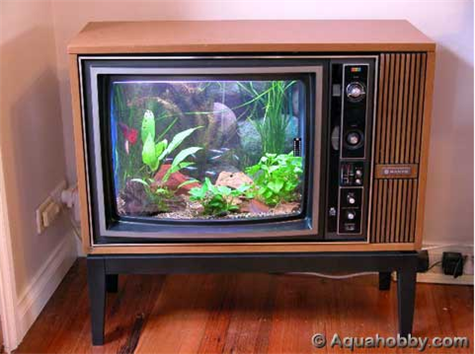TV and Your Toddler

Author: Maeve Rich
Children love television. Bright colors and constant action draw them in and can keep them occupied for hours. But is it good for your toddler to be watching [tag]television[/tag]? And if so, how much is acceptable?
The Professional Opinion
The [tag]American Academy of Pediatrics[/tag]’ position is that children under two shouldn’t watch any television at all, and children over two should be limited to two hours a day. Watching television, they say, even children’s television programs, can lead to attention problems down the road. One study, published in the April 2004 issue of [tag]Pediatrics[/tag], claimed that television overstimulates the [tag]brain[/tag] and essentially reprograms it. It has to do with the fast-paced images flashing constantly across the screen, which interfere with the [tag]brain’s development[/tag].
So what about [tag]children’s television[/tag] programs directed at children under the age of two? The study found that there was no link between what children were viewing and later attention problems. The simple fact that they were watching television, with its rapid images, was enough to cause interruptions in normal brain development. Children’s television shows like Blue’s Clues, while educational for children old enough to comprehend them, do nothing for children under two.
The American Academy of Pediatrics advises that parents [tag]play[/tag] with and [tag]read[/tag] to their children instead of watching TV. This personal interaction, they say, is far more important to a child’s development than any TV show could be. Once your child is two years old, [tag]limit TV watching[/tag] to one hour. Gradually you can increase the amount of time spent in front of the TV as your child grows and develops.
Never let a child keep a television set in their bedroom, as this can be an unnecessary temptation for a rebellious toddler. It also makes it harder to monitor what your child is watching. And although it can be relaxing to unwind in front of the TV while eating dinner, try to avoid this. Watching TV while eating can lead to mindless eating, which may contribute to weight problems and obesity.
What They’re Watching
Although content itself doesn’t seem to increase attention problems for children under the age of two, one concern for children of any age watching television is what they may be seeing. Inappropriate images of violence and sex may hinder a child’s development. Children aren’t ready for the adult content that we have become used to. They may not understand it and have questions. It may also cause behavioral problems.
Children’s television may be harmful as well. “Pediatricians strongly oppose targeted programming, especially when it’s used to market toys, games, dolls, unhealthy food and other products to toddlers,” says the American Academy of Pediatrics. As with commercials, children have trouble associating entertaining television from programs whose purpose is to get kids to want products.
What Can They Watch?
Once a child has reached the age that watching TV is considered appropriate, you can choose [tag]educational shows[/tag] which will encourage your child to sing and learn new words. Several studies have shown that educational TV shows, in moderation and at a reasonable age, may help a child’s learning. Stay away from violent programs and scary shows.
Watching TV programs together is another way to make TV a positive thing for your child. Watching together sends the message that you care. There may be times when you need to use the TV as a babysitter, but these should be as few and far between as possible.
Watching TV with your child can help them to differentiate between the programs and commercials. You can also explain the purpose of commercials, to lure people into buying things they don’t necessarily need. Watching TV with your child also means that they won’t get a chance to view something they’re not ready for.
https://www.life123.com/article_TopicHome/TV-and-Your-Toddler_3000003080880.html
Article Source: https://www.articlesbase.com/babies-articles/tv-and-your-toddler-605985.html
About the Author:
Eisla Sebastian is a writer for the Work category at Life123.com. Life123 is the place to start when you need practical expertise-fast. Read more of Eisla’s articles and more on the topic of Continuing Education https://www.life123.com/landing_BrowseVerticals/Browse-Topics_1205353400953.html?t1=Work&t2=Continuing+Education.












Melitsa:
Here is the notes from the Jane Healy, Ph.D presentation on brain-building experiences for children. They are on the DuPage Children’s Museum blog: https://childrensmuseumblog.blogspot.com For those interested, you can also listen to the entire presentation on the blog site.
She talks a lot about the effects of television and electronic toys on children’s brain development and about what are quality play experiences for young children.
Enjoy!!!
Michelle